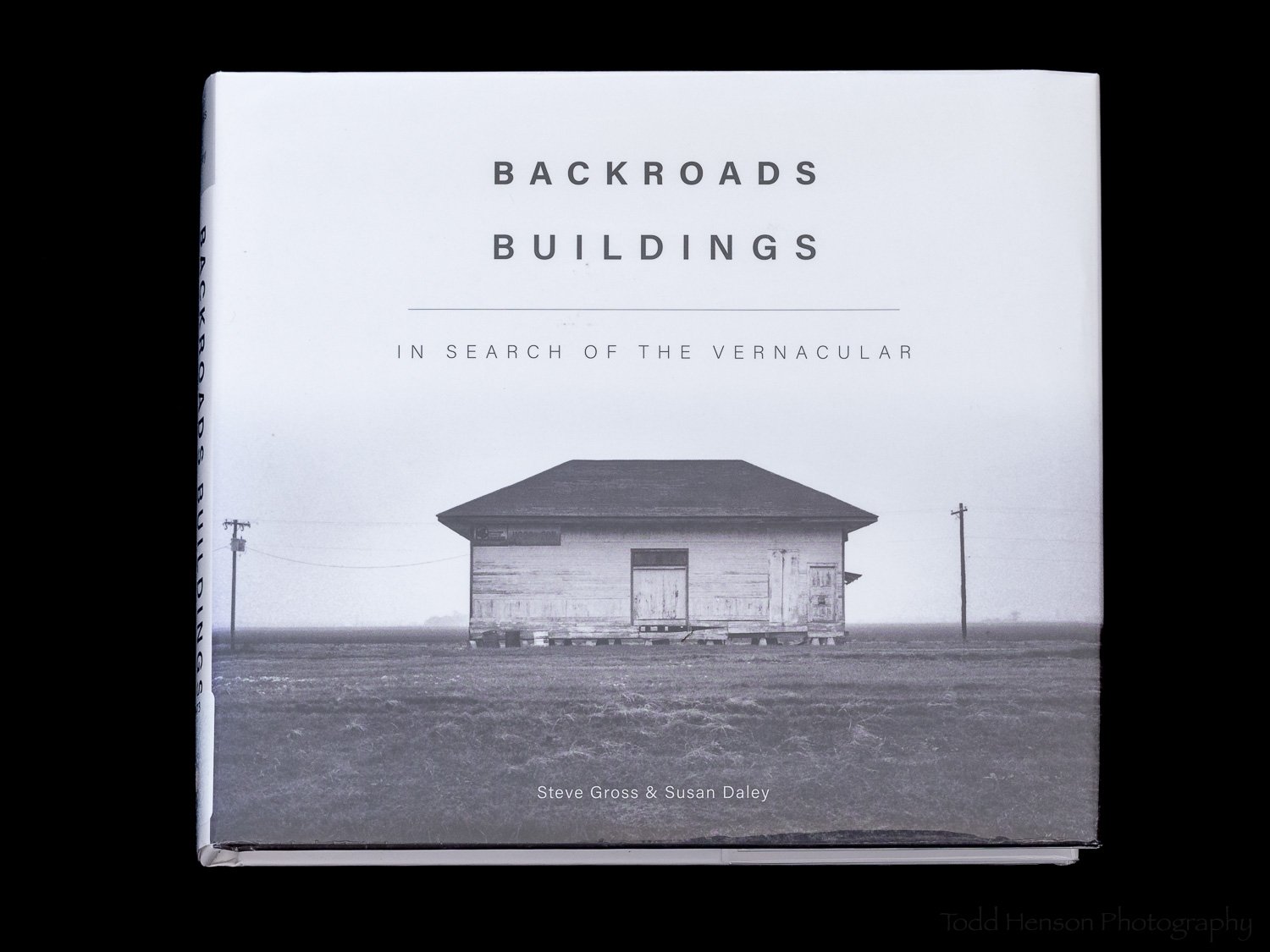I received my copy of After Atlas through a Tor.com (now Reactor) giveaway.
Inspiration can come from immersing ourselves in many different forms of creativity and art, not just that of photography. So I read a lot of fiction and non-fiction, I watch movies and documentaries, I read graphic novels and comic books, and I view paintings, sculptures and other physical works of art as often as I can. I try to periodically share some of these other art forms, to encourage all of you to keep looking for creativity and inspiration in many different forms.
Recently, I finished a great science fiction novel by Emma Newman called After Atlas. This is the second novel set in this universe, the first being Planetfall. I have not yet read Planetfall, but most definitely will at some point. Thankfully, After Atlas is written such that it can be understood and enjoyed without having read Planetfall. They are very much connected, but separate enough to stand on their own.
How do you think your life would have turned out if your mother had abandoned you when you were young to join a group who left the planet on a ship named Atlas, abandoning everything they knew for some unknown destination in space? What if your father then fell apart and stopped really acting as a father, joining a religious cult headed by the charismatic Alejandro Casales, who becomes a father-figure of sorts to you. How would this shape your life? What choices would you make, whether consciously or not, because of these traumatic childhood events? Would you run away from the cult hoping to find your own life? Or would you stay?
Carlos Moreno ran away from the cult and from his father. Life didn’t end up as he might have liked, but in the end he found himself working as a gov-corp detective for the Ministry of Justice. This was a position many people might envy, a position of power and influence, that brings out fear or admiration from people he meets. But of course his situation isn’t really that rosy, and he doesn’t have the freedoms many think, instead being an indentured servant to the MoJ. They help make him into the perfect detective, an asset they can call on anytime they need.
Eventually, his past resurfaces, and the MoJ needs him to investigate the death of a very influential person, none other than Alejandro Casales, leader of the Circle, and former father-figure to Carlos. There are many groups who want to know what happened, how he died and under what circumstances. And there isn’t much time to solve the crime. A capsule from Atlas will soon be opened and its contents revealed to the public. There are hints that link this to Alejandro’s death.
Carlos has plenty of technology at his disposal to help in the investigation, including Tia, his neurally implanted Artificial Personal Assistant. One of the other interesting technologies is related to photography, and one we are seeing glimpses of today: the ability to photograph and capture every detail in a room, from every angle, and merge all that data into a 3D virtual recreation of the room that investigators can enter using their APAs. This allows the investigators to effectively return to the scene at the time it was recorded, as many times as they need, looking for new clues, without worrying about something having been moved or disturbed.
But for all the interesting tech, this really is not a book about technology. It has those elements of cyberpunk, but doesn’t focus on them. At heart, this is a mystery/thriller about a detective trying to solve a murder, and not just any murder, but that of someone he knew quite well. This is a very character driven book. Throughout the novel we get to see more of Carlos’ history, how he got to where he is, what drives him and what made him. And we see how this affects not just his investigations, but how he lives his life, how he interacts with friends or new people he meets during the investigation, how he interacts with his MoJ superiors.
I felt the book started a little slowly, but picked up pace quickly, and it wasn’t long at all before I was hooked. As I approached the end of the book I kept thinking there aren’t that many pages left and this doesn’t feel at all like it's winding down. Because of this the ending did seem rather quick, but it also felt appropriate, and impactful. It wrapped up most of the story, but did leave room for a continuation. I suspect there will be a third novel in this series.
If you’re interested in science fiction with hints of cyberpunk, or murder mysteries and police procedurals, then give After Atlas a try. You might enjoy it. I certainly did. And if you do try it, let me know what you think of it.
I first learned about After Atlas from a review over at Books Bones & Buffy, a great site for reviews of speculative fiction (science fiction, fantasy, horror, etc). Later that day, I found a giveaway for the book at Tor.com (now Reactor), another great site for reviews and news about science fiction and fantasy, and was lucky enough to win a copy. Check out both sites. I do just about every day.
Do you enjoy these posts?
Sign up to receive periodic emails with updates and thoughts. Don’t worry, I won’t spam you. And please consider purchasing artwork or products from my online store, and using my affiliate links in the sidebar to the right when shopping online.
I appreciate your support!


















